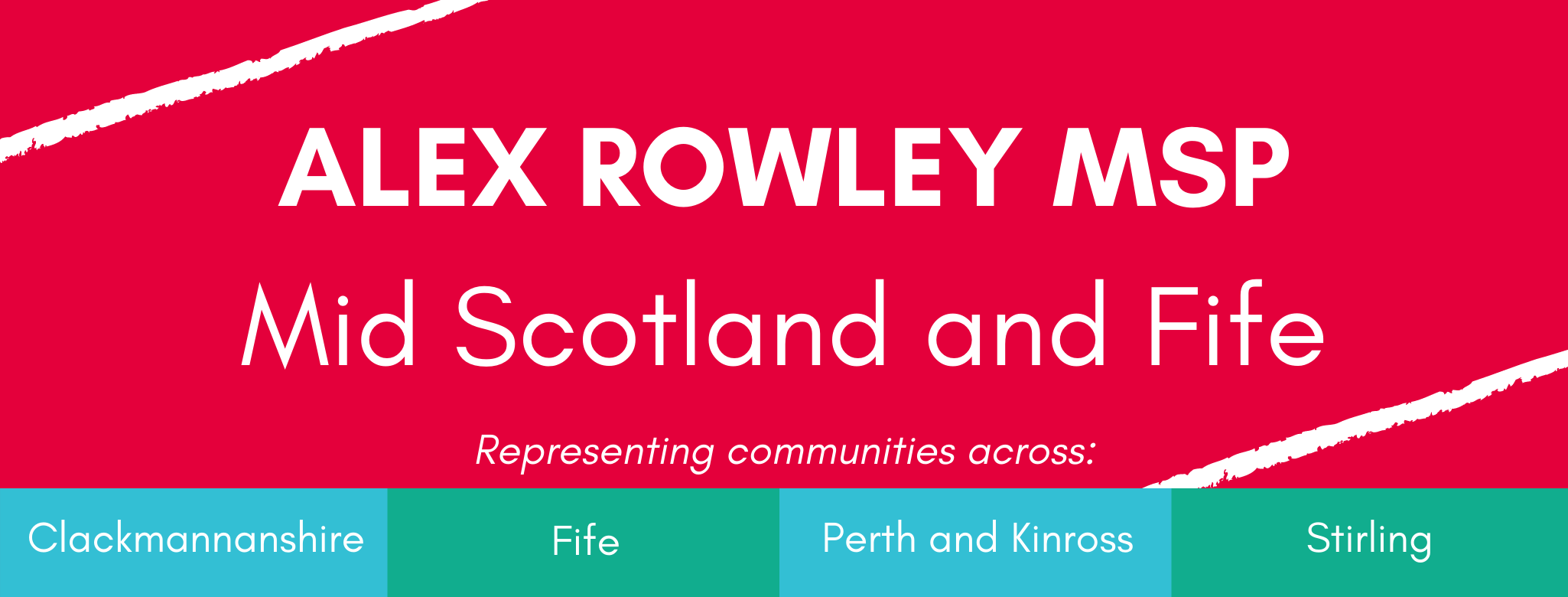I am hoping that the new year will be one where in the Scottish Parliament we can move beyond spending so much time speaking about the powers we would like to have to a more focussed drive on what we will do with the powers we do have, the new powers that come through in 2015 as a result of the last review, the Calman Commission and the substantial powers coming to the Parliament as a result of the Smith Commission making the Scottish Parliament one of the most powerful devolved parliaments anywhere in the world.
Personally I want to encourage a discussion about the kind of society we want Scotland to be and how it is we will go about achieving that society. For me tackling poverty and inequality must sit at the heart of and run through all government policy producing a joined up approach from the government in Scotland – something that there is little evidence of at present. There also needs to be a new relationship with local government and with communities recognising that the top down approach to tackling the deep rooted causes of poverty is not working.
If we are to break the cycle of deprivation that exists in too many communities for too many people then there will have to be a major rethink that recognises the value of vocational education sitting alongside academic and the need for schools, colleges and employers to work more closely together offering every child the opportunities that best suits their needs and abilities. There also has to be a focus on early years with specific targeted support where there is the greatest need particularly where families have dysfunctional lifestyles.
The issue of housing is something we could and should tackle now. In the south west Fife area which includes Rosyth, West Fife villages and Inverkeithing there are 1082 people/families on the housing waiting and transfer lists, there are 1679 in the Dunfermline area and 1336 in the Cowdenbeath area. Having a roof over your head and some kind of security of where to live is a very basic need but one that is still denied to many individuals and families. A national housing programme will address this whilst also creating jobs and skills opportunities as is being demonstration by the programme Fife Council is currently undertaking building 2700 new homes over 5 years.
Being able to eat is also a very basic need and yet we have seen the establishment and growth in food banks in our communities. The Trussell Trust reports that the largest number of people accessing emergency food parcels are doing so as a result of delays or changes to benefits. Many organisations are reporting that sanctions against benefit claimants are having a horrendous impact and driving people to destitution. We need a more open discussion around welfare reform that recognises the major difficulties and barriers facing people who have long term conditions and those that have been out of work over a longer period.
It is also reported that over quarter of people using food banks were in low paid work. Research by the Joseph Rowntree Foundation shows that since 2008 the cost of essential goods and services has risen by 28% and that this has a disproportionate impact on low-income families. The introduction of the living wage across Scotland’s public sector has been welcome but if the same were to happen across the private sector it would benefit over 400,000 people. Being in work should pay. So there are many challenges and many issues and no magic wand but it is surely time for focused policy and action to tackle the big issues in our communities.





